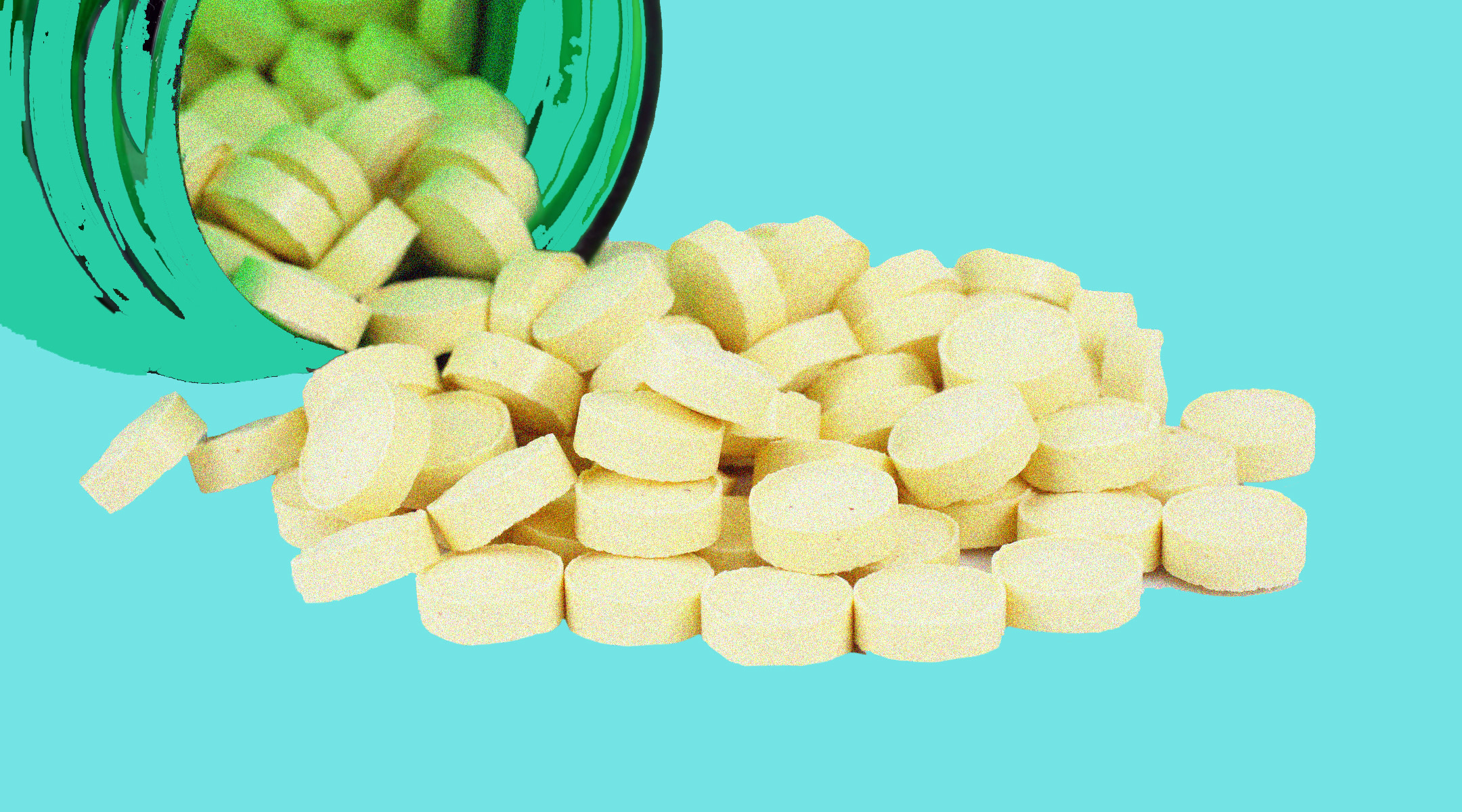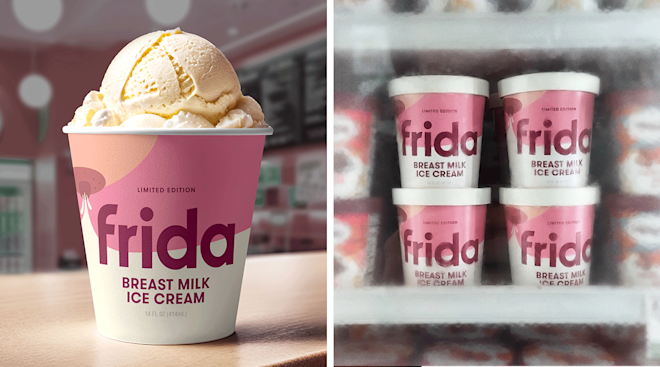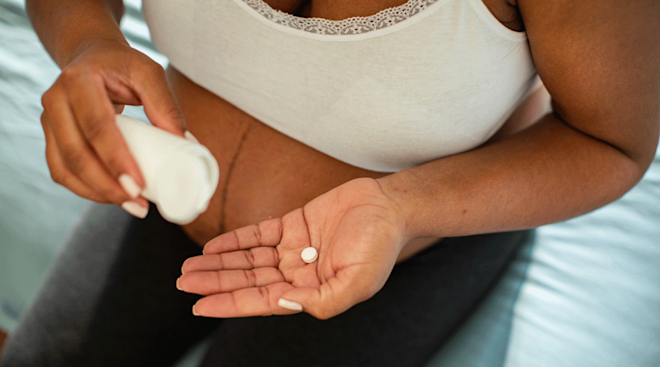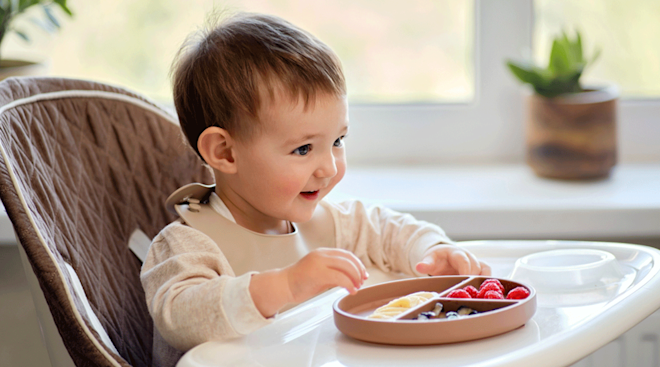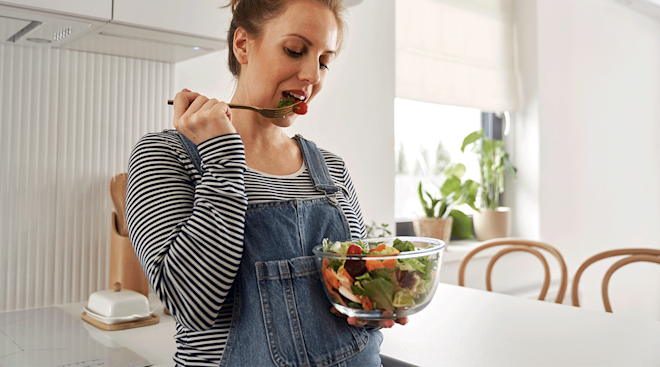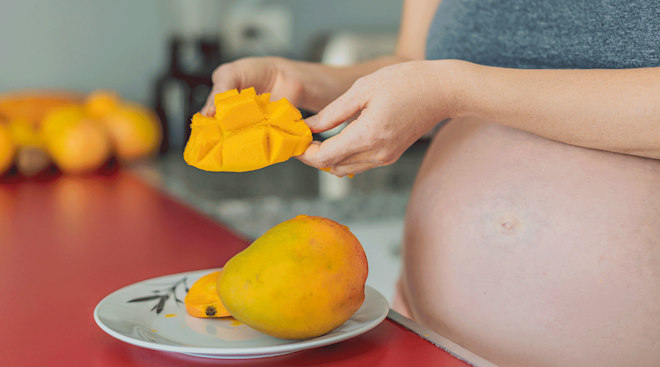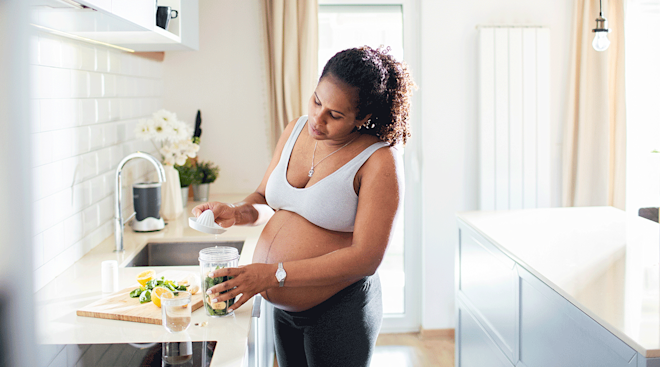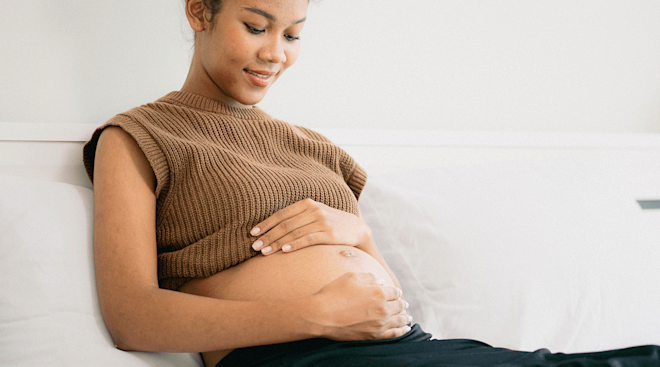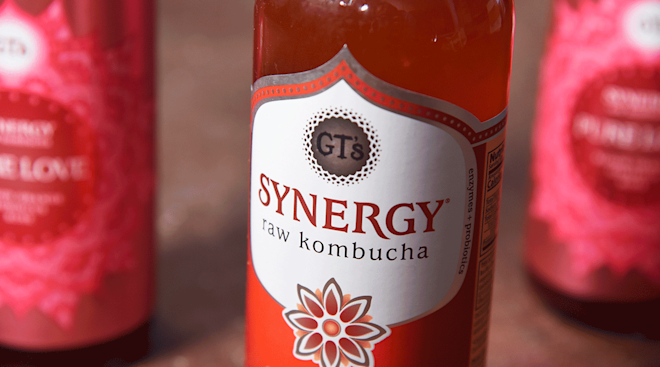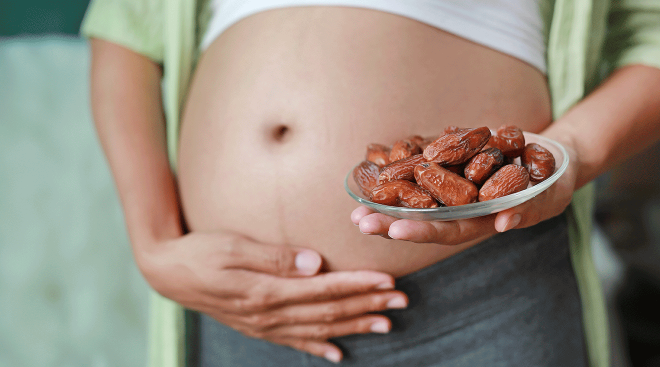Why Folic Acid Is Important for Pregnancy
Your body accomplishes incredible feats during pregnancy—and it needs plenty of nutrients to do it. Folic acid is a key vitamin that all expectant moms should load up on. But what is it, and why is it important? Here’s what you need to know about taking folic acid during pregnancy, including the recommended dose and which foods will give you an all-natural folate boost.
Folic acid is the made-made form of folate, a B vitamin naturally found in many fruits, vegetables and nuts, as well as in certain fortified foods. It helps your system create healthy new red blood cells, which carry oxygen to all the parts of your body—critical for avoiding anemia. Everyone needs folic acid to stay healthy, but it’s especially important during pregnancy.
When taken before you conceive and throughout your pregnancy, folic acid (also known as vitamin B9) has been shown to drastically decrease the risk of neural tube defects like spina bifida and anencephaly. In fact, this vitamin is so important for pregnancy, the CDC recommends that every woman of child-bearing age (even if you’re not currently in baby-making mode) takes 400 micrograms of folic acid every day, just in case. Since baby’s neural tube closes around days 49 to 56 (seven to eight weeks)—which is when many women first realize they’re pregnant—you’ll be covered if you’ve already been taking folic acid supplements on a daily basis.
Once you get pregnant, the suggested daily intake jumps to 400 to 800 micrograms. If you have a family history of neural tube defects, you should get even more (usually about 10 times as much), so let your doctor know and she can help determine the correct amount you’ll need.
So how do you get your necessary folic acid intake? In addition to taking supplements, you can load up on folate-rich foods. This wonder-acid can be found naturally in leafy greens, citrus fruits and some legumes, including spinach, oranges, nuts and beans. Other folate powerhouses include eggs, asparagus, broccoli, avocado, beets, Brussels sprouts, cauliflower, carrots, berries and more. Plus, since the US government has hopped on the folic acid bandwagon, the vitamin is now added to enriched breads, cereal, pasta, rice and flour. (Finally, a good reason to eat carbs!)
Breakfast foods with folate
- A bowl of enriched breakfast cereal and half a grapefruit
- Oatmeal with sliced bananas and flaxseed
- A banana, mango, strawberry and orange juice smoothie
- Scrambled eggs with sauteed spinach
Lunch foods with folate
- A homemade egg salad sandwich on enriched whole-grain bread
- Spinach salad with oranges, beets, avocado and walnuts
- Salmon with asparagus and enriched white rice
- Hummus with enriched pita bread and carrots
Dinner foods with folate
-
Lamb with lentils
-
Enriched pasta with peas and asparagus
-
Chicken with Brussels sprouts and winter squash
-
Black bean burgers with avocado
Even if you’re eating many of these foods with folate, you can (and should) up your folic acid intake with a supplement. Most women don’t get nearly enough of this vitamin, and since it’s water-soluble, you’ll just pee out whatever you don’t need.
Updated October 2018
Please note: The Bump and the materials and information it contains are not intended to, and do not constitute, medical or other health advice or diagnosis and should not be used as such. You should always consult with a qualified physician or health professional about your specific circumstances.
Plus, more from The Bump:
Navigate forward to interact with the calendar and select a date. Press the question mark key to get the keyboard shortcuts for changing dates.
































